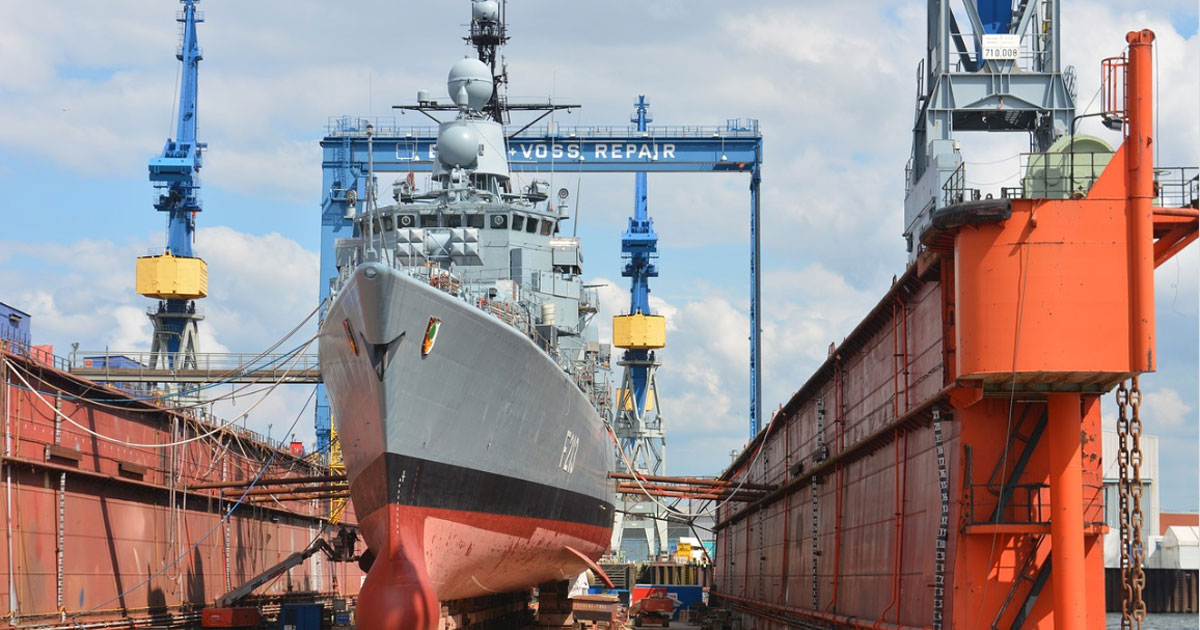Not everyone who owns a car and lives in a nice house in Singapore made that money the good old-fashioned, proper way.
Just as low crime doesn't mean no crime, low perceived levels of corruption in the public sector doesn't mean no corruption occurs in Singapore.
Today, The Straits Times and Channel News Asia reported on Feb. 15 that a 63-year-old former senior procurement officer who worked 33 years at Keppel Shipyard went on a 14-year spree accepting bribes to favour certain suppliers.
His game was eventually up when he was caught by the Corrupt Practices Investigation Bureau (CPIB) in 2014.How corruption worked
The former senior procurement officer, Neo Kian Siong, obtained cash kickbacks to help at least eight suppliers win orders with Keppel Shipyard.
Every month, the suppliers would call Neo just before the submission deadline to ask for information on quotations submitted by competitors.
By knowing the bids put in, the favoured suppliers who were paying Neo for inside confidential information could then make lower offers to undercut bids and win orders.
Neo even told a supplier if he knew how to “zuo lang” -- a Hokkien euphemism for offering incentives -- he would give more business.
S$740,000 in bribes
A total of S$740,000 was accepted by Neo over the years.
He used the money to finance his property, cars, stock market bets and insurance policies.
As revealed in court on Friday, Feb. 15, Neo used more than S$54,000 to pay outstanding loans for a unit in Chantilly Rise condominium in Bukit Batok.
Another S$132,000 was used as deposits for two cars, a Honda Odyssey and a Volkswagen Passat.
He also bought S$38,000 worth of shares belonging to Keppel Corporation, Tiger Airways, Liongold Corp and Innopac Holdings, and fund a number of insurance premiums.
Neo pleaded guilty to 54 of 395 charges involving corruption and money laundering.
The rest of his charges will be taken into consideration during sentencing.
Sentencing is expected on April 17. Neo remains out on a bail of S$50,000.
For each count of corruption, he can be jailed for up to five years and fined up to S$100,000.
How he got caught
CPIB investigated Neo in 2014.
This was after large deposits were made into a joint POSB savings account under his and his wife's name that could not be traced to their salaries.
CPIB subsequently seized two of his bank accounts that had a balance of about S$150,500, along with 11 insurance policies with a total cash value of about S$730,200.
Neo was dismissed by Keppel Shipyard in 2016 when his actions were uncovered.
How kickbacks started
The first supplier that started this practice of giving kickbacks paid S$56,000 on 10 occasions from 2000 to 2009.
He had originally approached Neo with the aim of expanding his business.
Neo was overseeing thousands of purchase orders per year for raw materials, steel structures, pipes and pipe fitting, among other materials.
The supplier's son carried on the practice by giving S$97,500 on six occasions from 2011 to 2014.
Another supplier gave S$30,000 on 29 occasions between 2007 and 2014.
A third supplier gave S$27,600 on 10 occasions between 2008 and 2014.
Eight people involved in the ruse with Neo have not been taken to court.
Their full names and companies have been revealed in full by ST.
If you like what you read, follow us on Facebook, Instagram, Twitter and Telegram to get the latest updates.
